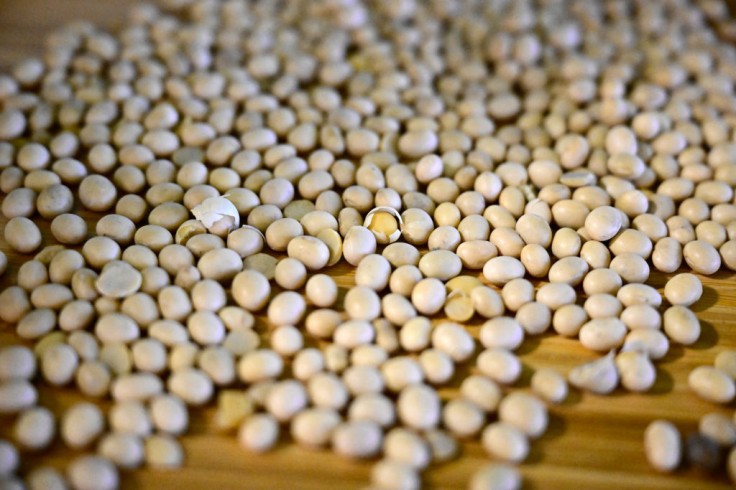
Researchers at the University of Illinois Urbana-Champaign have set up that soy isoflavones can enhance attention and processing speed in school-aged children, according to a recent study.
The study, led by neuroscience PhD candidate Ajla Bristina, highlights the possible mental advantages of adding soy products to children's meals.
Bristina stated that their research provides further evidence of the significance of nutrients in soy foods for the cognitive development of children.
Although soy foods aren't generally consumed by American children, study indicates they may have a significant impact on enhancing children's cognition.
Boosting Attention Enhancement and Processing Speed for Children
The study included 128 children between the periods of 7 and 13 who were covered for seven days. Thorough documentation was maintained of the food they consumed, with an emphasis on macronutrients, micronutrients, vitamins, and particularly, soy isoflavones.
Isoflavones, found in soybeans, have properties similar to estrogen and possess antioxidant, anti-cancer, antimicrobial, and anti-inflammatory goods.
The children were estimated for cognitive capacities through both traditional written tests and a computer-based task assessing attention chops. Scientists watched the EEG activity of the participants to assess their speed of information processing and focus.
The children's consumption of soy isoflavones varied from 0 to 35 milligrams daily, with an average intake of 1.33 milligrams. Though relatively low, this intake is compatible with former dietary studies in the United States.
The results showed that children who consumed further soy foods had brisk responses and quicker processing speeds during the attentional tasks. However, no link was found between soy isoflavone intake and overall intellectual capability.
Recommending Soy Isoflavones Rich Foods
The study reveals that adding soy food into children's diets improves their cognitive function. These are soy-based foods like edamame, soy nuts, soy milk, tofu, or tempeh.
Likewise, it was discovered that eight fluid ounces of soy milk have roughly 28 milligrams of isoflavones, a serving of tofu contains about 35 milligrams, and half a mug of steamed edamame offers around 18 milligrams.
Bristina stressed that studies like this one are just the initial phase in the exploration process.
Intervention approaches will be necessary for Bristina to comprehend the impact of soy food consumption on children's cognitive skills and determine the specific position of isoflavone intake needed for quicker response times.
To further this understanding, Bristina and her team have started a new trial examining the broader goods of soy foods on cognitive capacities, sex hormones, metabolic health, and gut health. This ongoing exploration aims to offer a clearer picture of how soy foods can contribute to children's overall cognitive development.
Bristina will be participating in her exploration at Nutrition 2024, the monthly conference of the American Society for Nutrition, taking place in Chicago from June 29 to July 2. She'll further explore how soy isoflavones can enhance children's cognitive capacities, emphasizing the significance of further exploration and possible nutritional advice.
This study highlights the internal advantages of soy foods, encouraging parents and preceptors to suppose about adding these nutritional foods to kiddies' diets to help enhance their cognitive growth and school performance.
This study highlights the significance of soy isoflavones in enhancing children's cognition, specifically in bettering attention and processing speed.
As further inquisition and trials continue, there's optimism that these results will be verified and specific nutritional recommendations will be handed that take advantage of soy's positive benefits on children's cognitive development.